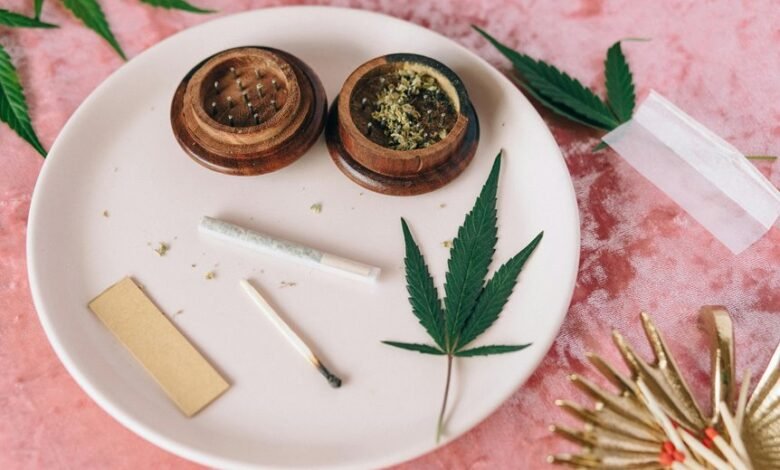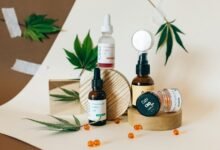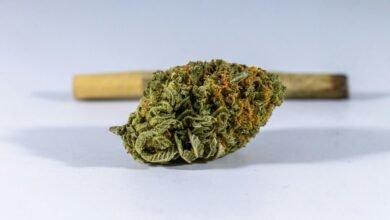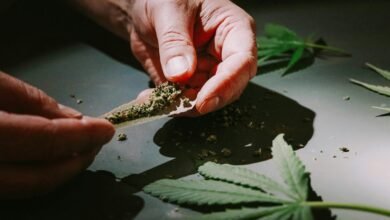Does Cbd Appear on Drug Tests

The relationship between CBD and drug tests is complex. While CBD itself is not typically detected in standard drug screenings, the presence of THC in some products can lead to unexpected results. Variability in testing methods and product formulations adds another layer of uncertainty. Understanding these nuances is crucial for individuals considering CBD use, especially in professional or legal contexts. The implications of these factors warrant further exploration.
Understanding CBD and Its Composition
Although CBD, or cannabidiol, is derived from the cannabis plant, its composition is distinct from that of THC, the psychoactive component responsible for the "high" associated with marijuana.
CBD offers various benefits, including pain relief and anxiety reduction, which have contributed to its rising popularity.
The legality of CBD varies by region, but many places permit its use, reflecting a growing acceptance of this compound.
How Drug Tests Work
Understanding how drug tests work is essential for anyone concerned about the potential implications of using substances like CBD.
Various drug testing methods, such as urine, blood, and hair tests, are employed to identify the presence of substances.
Most tests focus on THC detection, the psychoactive compound in cannabis, which can lead to false positives for CBD users, depending on the product's purity.
Factors That Can Influence Test Results
When considering the accuracy of drug test results, several factors come into play that can significantly influence outcomes.
CBD potency varies widely among products, affecting how much THC, if any, is present.
Additionally, test sensitivity can determine whether trace amounts of THC are detected.
Understanding these variables is crucial for individuals concerned about the implications of CBD use on drug testing.
What to Consider Before Using CBD Products
Before using CBD products, individuals should carefully evaluate several key factors that may impact their experience and outcomes.
Legality concerns vary by region, making it essential to understand local laws.
Additionally, following dosage guidelines is crucial to ensure safety and efficacy.
Conclusion
In conclusion, while CBD itself is unlikely to trigger a positive result on drug tests, the presence of trace THC in some products can pose risks. Individuals concerned about drug testing should carefully choose CBD products with low or no THC content. By doing so, they can enjoy the potential benefits of CBD without the anxiety of unexpected test outcomes. Understanding product composition and testing mechanisms empowers users to make informed decisions, ensuring peace of mind in various situations.






